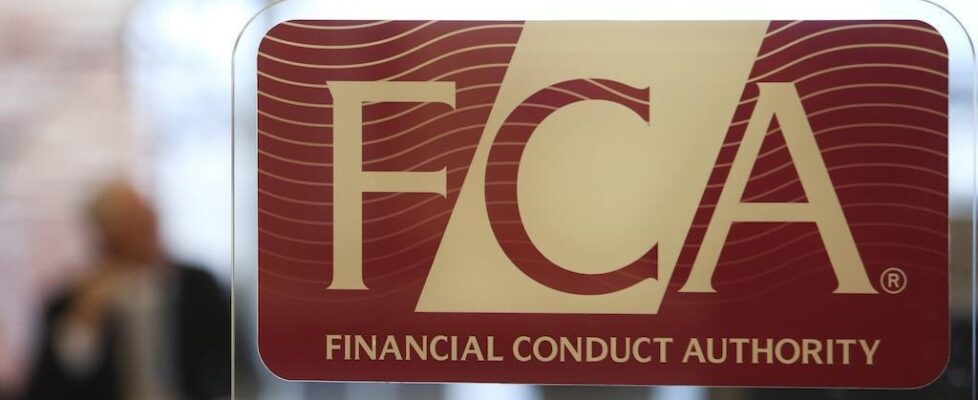FCA, UK Financial Ombudsman Service seek to modernise redress system
The UK Financial Conduct Authority (FCA) and Financial Ombudsman Service are seeking to modernise the financial redress system to help prevent it becoming overwhelmed, delaying consumer compensation.
Currently, the majority of complaints are resolved by firms, and the redress system works well for individual cases that come to the Financial Ombudsman. But high volumes of complaints on specific or novel issues can jam the system and cause significant delays.
The proposed changes aim to help firms identify and resolve issues before complaints escalate and aim to give greater predictability, so businesses have confidence to invest, innovate and support UK growth. The proposals include:
- Improving how the FCA and Financial Ombudsman work together to ensure consistency in the interpretation of regulations. This includes a new referral process to improve transparency about regulatory alignment and a lead complaint process to look at novel and significant complaint issues as they emerge.
- Clearer guidance for firms on reporting issues to the FCA sooner, alongside good practice examples to help identify and resolve complaints.
- Guidelines to help industry assess and trigger the need to resolve a situation with wider implications that could spike complaints.
- Changes to the way the Financial Ombudsman processes complaints to ensure they are well-evidenced and ready before an investigation begins.
The changes come as the Financial Ombudsman proposes to further modernise its processes by, later this summer, consulting on the introduction of different levels of case fees for financial services firms, depending on the circumstances of a complaint, to make the system fairer and support early resolution.
The Financial Ombudsman has also confirmed that, following feedback from stakeholders, it will be changing the interest rate it applies to some awards it directs businesses to pay, from 8% to track the Bank of England’s base (average) rate +1%. Awards will still reflect any actual losses the consumer has suffered, as now.





